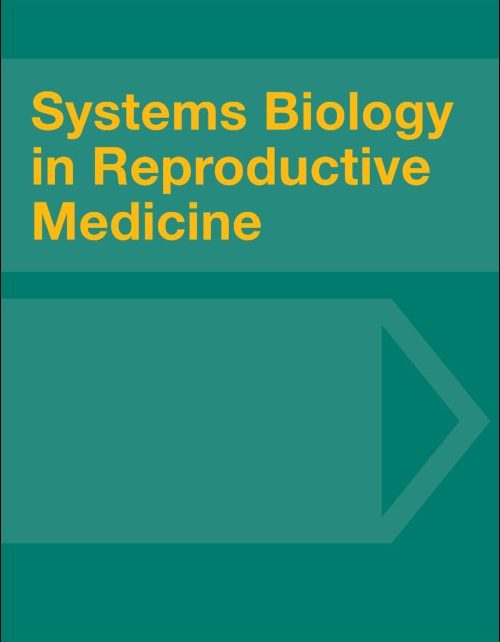Instituto Bernabeu publishes research on the implantation of mosaic embryos in the scientific journal, Systems Biology in Reproductive Medicine
10-05-2017

Systems Biology in Reproductive Medicine, the scientific journal that primarily addresses matters associated with reproductive biology, recently published research work carried out by Instituto Bernabeu on the implantation of mosaic embryos. The research work, entitled Implantation potential of mosaic embryos, deals with the chances of achieving full term pregnancies when transferring certain mosaic embryos. That is, those with both normal and abnormal cells. Mosaicism is relatively frequent in embryos obtained during in vitro fertilisation (IVF) and it is presented as one of the possible explanations if the procedure is unsuccessful following transfer. The paper conveys research work being carried out on mosaicism in which one of the lines of work involves determining the viability of normal development and of a full term pregnancy in embryos of this kind.
Instituto Bernabeu uses the very latest technology in order to detect mosaicism thanks to Pre-implantation Genetic Diagnosis (PGD) through Comprehensive Chromosome Screening (CCS) techniques. Thanks to this, the embryo with the correct number of chromosomes and with a greater chance of leading to a pregnancy can be selected. In order to do so, Instituto Bernabeu uses its own advanced techniques in its in-house laboratories: array-CGH and NGS. They facilitate a greater genetic understanding of the embryo which goes well beyond the detection achieved using conventional techniques.
In the research work published by the scientific journal, the team of biologists and gynaecologists at Instituto Bernabeu analysed the results of 1,362 embryo biopsies using array-CGH. The scientists indicate that the transfer of mosaic embryos can affect the results of IVF treatment but point out that this should not mean that they must be ruled out. However, since the chances of pregnancy and the birth of a healthy child decrease, embryos of this kind should be given a lower transfer priority level in comparison with embryos that appear to be entirely normal.
The research work was carried out by an interdisciplinary team at Instituto Bernabeu including Belén Lledó, Ruth Morales, José Antonio Ortiz, Helena Blanca, Jorge Ten and the Medical Director of Instituto Bernabeu, Rafael Bernabeu.
